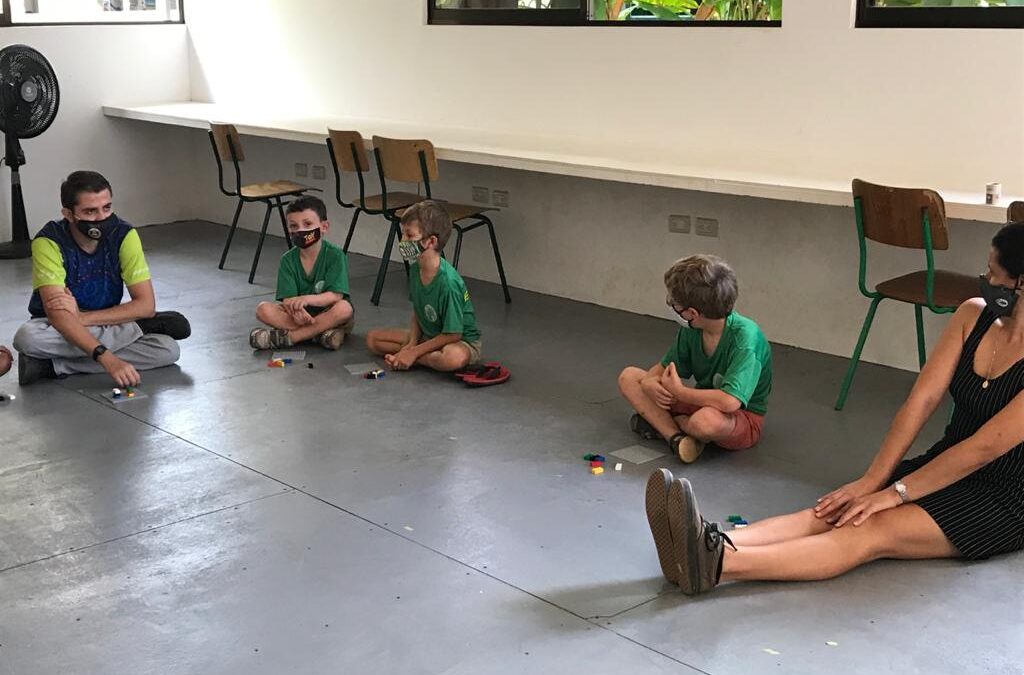
by Noelia | Apr 27, 2021
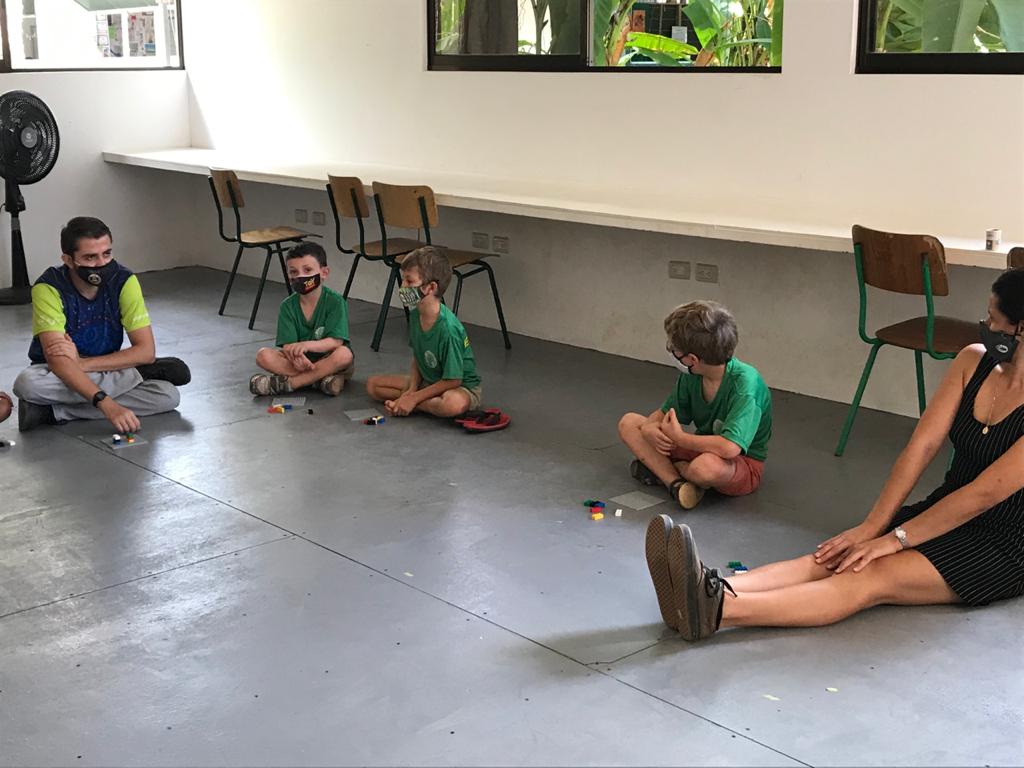
Este 2020-21 ha sido atípico para nuestros hijos, donde nos ha tocado migrar a un era digital de la cual no estábamos acostumbrados.
Como parte del apoyo adicional a los chicos implementamos la asignatura de robótica.
Esta disciplina nos brinda un acercamiento temprano al entorno STEAM en el que se encuentran los trabajos del futuro, permitiendo al estudiantado desarrollar habilidades blandas como programación, diseño, trabajo en equipo, entre otros.
Un punto importante en este programa es el acercamiento a las carreras steam (programación, Ing. Eléctrica, Ing. Mecánica, Ing. en Diseño de Producto).
Esto permite al estudiante antes escoger su futura carrera, tener un vistazo de las destrezas necesarias para desempeñarse en estas carreras y no ir a ciegas en su elección.
Nuestro programa de robótica busca abrir todos estos espacios, para acercar a los chicos a la revolución industrial 4.0 que está diversificando los espacios de trabajo del futuro.
Para más información, pueden contactarme a moises@futuro-verde.org
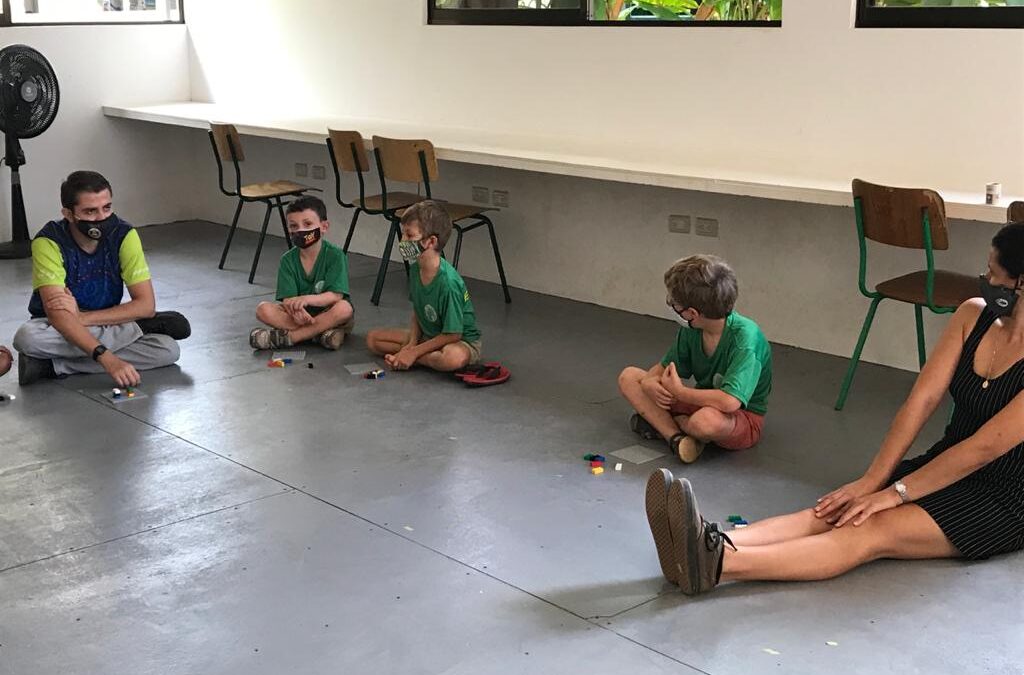
by Noelia | Apr 27, 2021
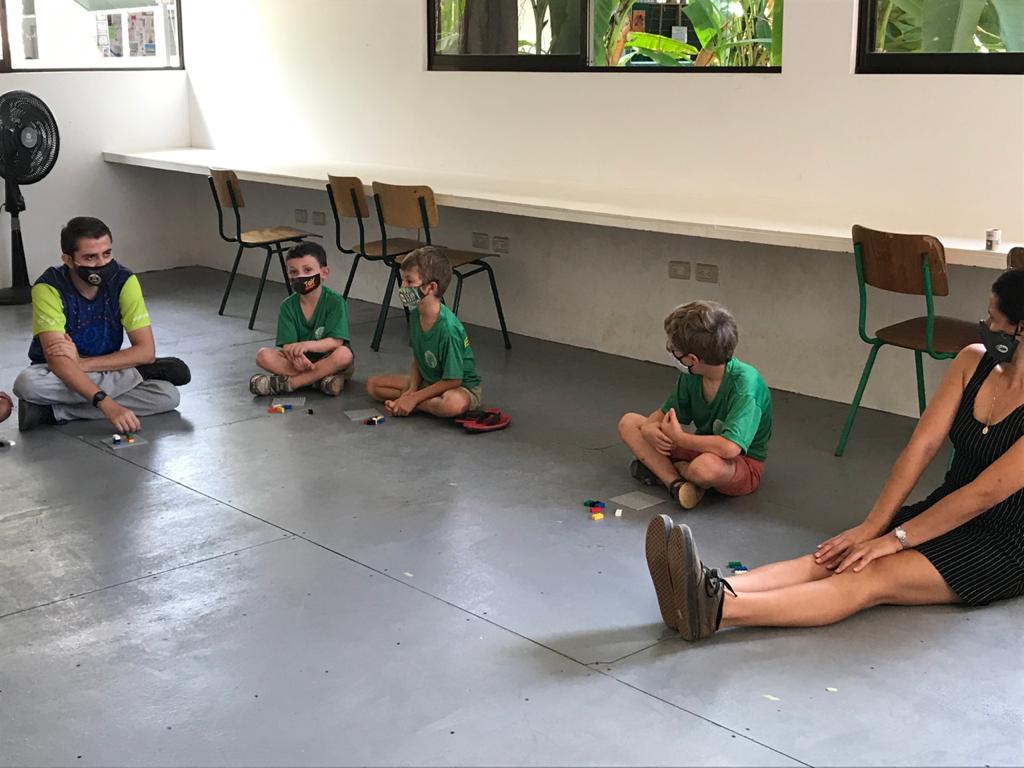
This 2020-21 has been atypical for our children, where we have had to migrate to a digital age that we were not used to. As part of the additional support for the boys, we implemented the robotics course.
This discipline gives us an early approach to the STEAM environment in which the jobs of the future are found, allowing students to develop soft skills such as programming, design, teamwork, among others.
An important point in this program is the approach to steam careers (programming, Electrical Engineer, Mechanical Engineer, Product Design Engineer). This allows the student before choosing their future career, to have a glimpse of the skills necessary to perform in these careers and not go blind in their choice.
Our robotics program seeks to open all these spaces, to bring children closer to the 4.0 industrial revolution that is diversifying the work spaces of the future.
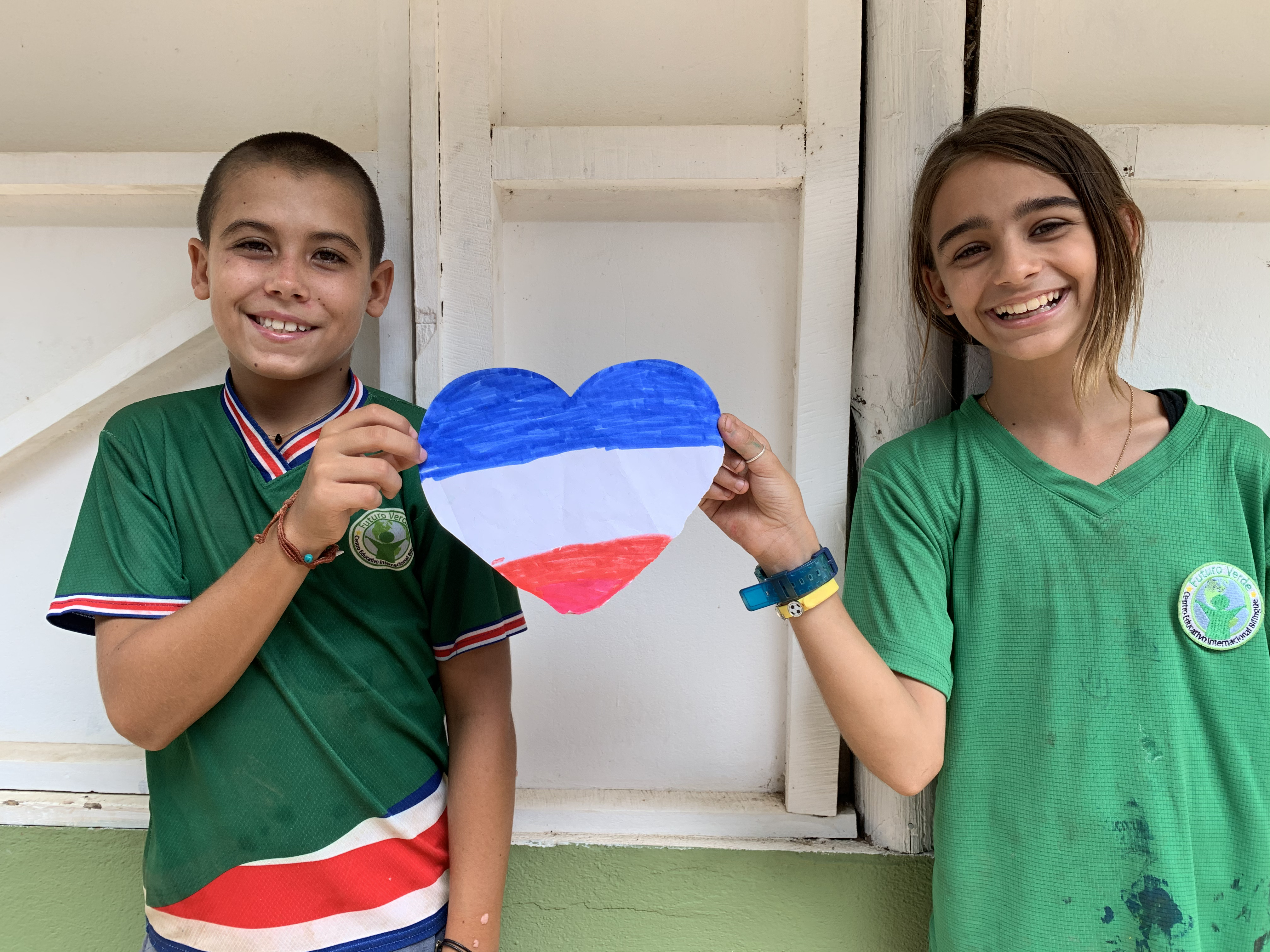
by Noelia | Mar 4, 2021

By Melanie
The festival of the French language is celebrated on five continents. Why? It seems that 274 million people speak French, in France, Belgium, Quebec, in most African countries… with different accents! People everywhere use the same words and the same grammar. But it took twenty-five centuries to invent this language.
What are the origins of the French language?
The origins of the French language go back more than 2000 years. At that time, France was inhabited by Gallic tribes. Among them, they used the Celtic language to understand each other. In the year 51 BC, a great upheaval occurred in the land of the Gauls. The whole of Gaul was conquered by the Roman troops of Julius Caesar. As the Romans were fluent in Latin, this language became the official language of Gaul. Very proud, the Gauls have long been communicating among themselves in their official language. It would be a few hundred years before these two languages merged to form a new one. Do you know what they called this new language? French.
Who invented French?
Despite what one might think, the French language was not invented by a single person. Over the centuries that followed, the French language evolved slowly, at the pace of conquests and the opportunities of history. In the Middle Ages, more variants of French dialects were still spoken in the different regions of France. Because Paris became the capital of France in the 12th century, French should prevail throughout the region.
Although the French language is now defined by dictionaries and grammars, it continues to evolve. If ancestors are banished from the vocabulary, authors are invented to describe new reals.
What is Francophonie?
The Francophonie is part of a community of people who speak French. It is also all the countries or regions where French is spoken. In the world, 57 countries are French-speaking. Examples include Switzerland or Belgium, Quebec in Canada, Haiti or Madagascar. In 30 countries or regions, French is the only official language. It is used by politicians, in the media and taught in schools. This is the case in France, of course, but also in the French overseas departments and territories and in many African countries such as Benin, Burkina Faso or Côte d’Ivoire. In 26 countries, French is one of the official languages, but it is not the only one. In Switzerland, we speak French, German and Italian. In Canada, it is the official language of English. In the city of Pondicherry, India, French is the official language along with English and three Indian languages. There are also countries where French is not the official language, but is nevertheless used by their inhabitants. If you have been to Morocco or Algeria, you may have noticed that the people speak our language very well.
Why do we speak French outside France?
Most French-speaking countries or regions are former French colonies (see the dictionary of the day). This is the case, for example, of Senegal, Madagascar, Quebec, Haiti or Pondicherry. France occupied these countries at the time of the colonies and imposed its language there. After independence (these countries became autonomous), some of these countries continued to teach French in schools and to use it in their administrations. But there are also French-speaking countries that are not former colonies. Belgium, for example. In fact, France’s borders have not always been as we know them today. Throughout history, they have moved. France’s borders extended to the south of Belgium and the north belonged to the Netherlands. For this reason, the official languages of Belgium are French in the south and Dutch in the north.

by Noelia | Jan 29, 2021
This year Futuro Verde will be conducting school tours a bit differently than in the past. Due to Health Ministry protocols, in person tours of the school by prospective families are not permitted. However, you can still schedule a virtual tour and information session! During the virtual tour, I will happily answer questions regarding school logistics, curriculum, extracurriculars, health protocols, and more. Virtual tours can be scheduled on Thursday mornings or afternoons. Please see the table below to review available time slots. We encourage interested families to contact us now and book your virtual tour!

To book your virtual tour, please contact Jennifer Middleton, jenni@futuro-verde.org.
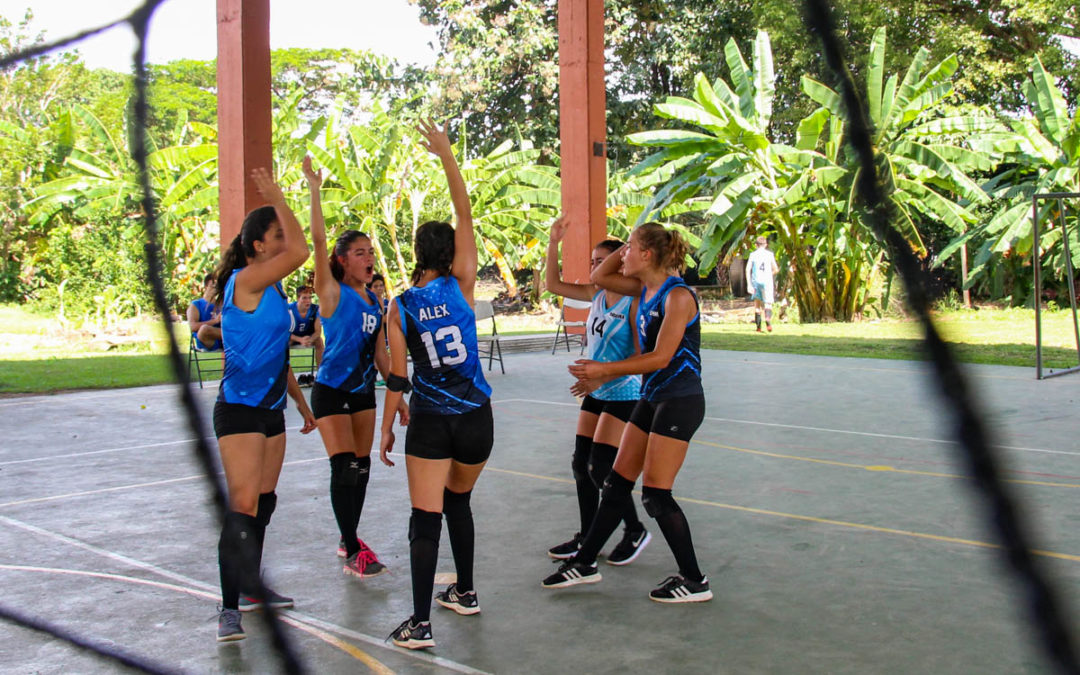
by Noelia | Feb 23, 2020
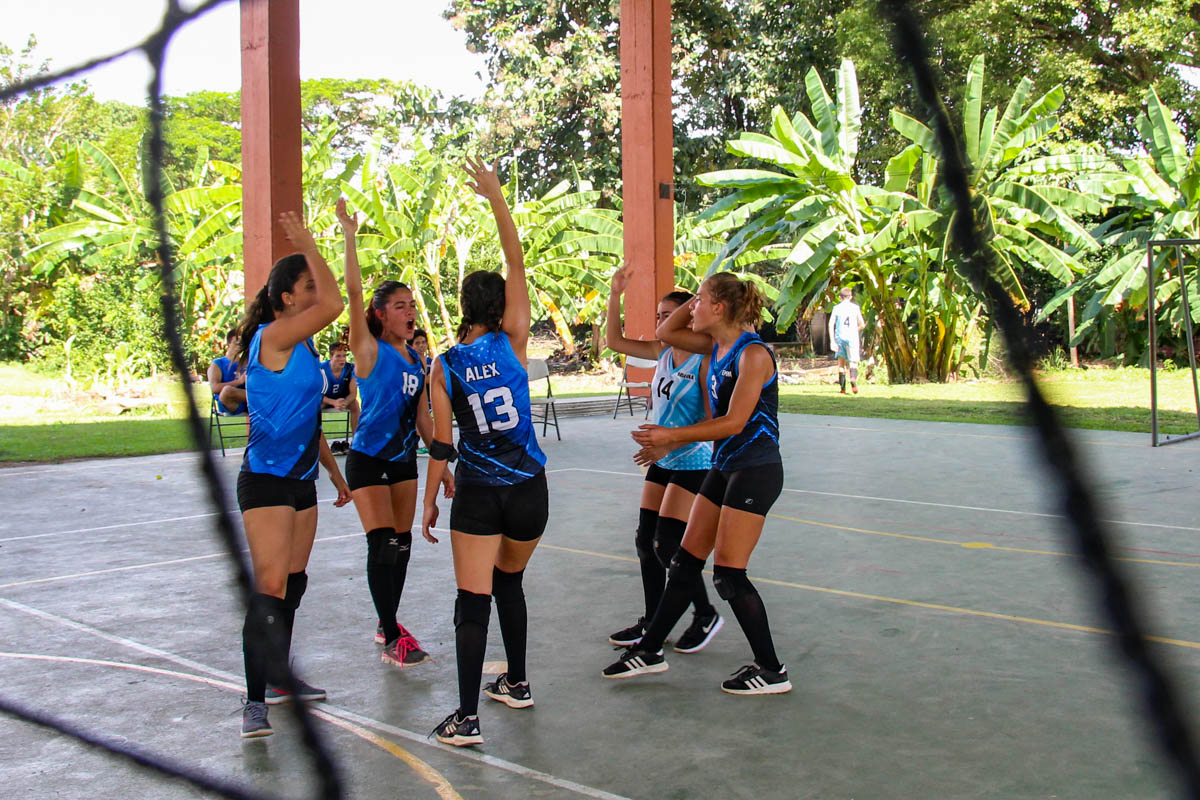
At Futuro Verde we provide a holistic education that spans many important educational areas, and sports, recreation and physical education are no exception. We believe that sports activities promote an ideal student life environment for developing life skills. As in previous years, during this new school year we will continue to offer a wide variety of opportunities to our students and our community. Some of these include our second annual chess tournament which will be held in March. We will continue with our first annual swimming tournament which will be held in May. In the second trimester we will hold our traditional volleyball tournament and end our school year with the most anticipated event of the year, our fourth annual Futuro Verde Trail Fun Run 2020.
In addition to these sporting events, we will continue training student athletes to compete in the Ministry of Public Education’s Student Games. Specifically, we will be forming teams to participate in swimming, chess, cross-country, volleyball and beach volleyball.
As you can see we will have a full year of extracurricular activities for the students.
If you would like more information on how your student can join one of the competitive teams or if you would like to get involved as a coach or participant, don’t hesitate to write to me at directoratletico@futuro-verde.org








